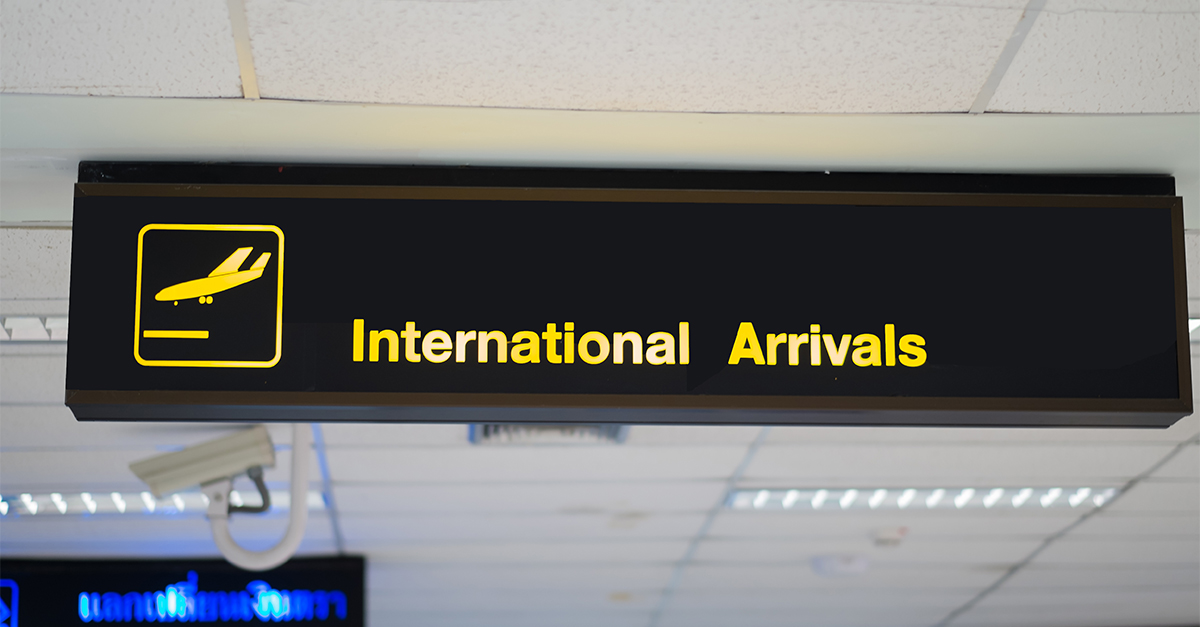Advantage calls for trade co-operation and end to ‘finger pointing’
Leisure director outlines efforts to overcome operational challenges

Advantage Travel Partnership leisure director Kelly Cookes has joined calls for agents and operators to work in partnership to find solutions to resourcing challenges and avoid “finger pointing”.
Cookes issued a statement following calls from other agency leaders including Travel Village Group chief executive Phil Nuttall to avoid abuse of operators for poor performance, which he argued would only serve to exacerbate issues.
Speaking at the recent Travel Weekly Future of Travel Spring Forum, The Travel Network Group chief executive Gary Lewis said supplier call wait times would hamper the trade’s recovery, while Advantage chief executive Julia Lo Bue-Said said lines of communication between agents and suppliers needed to remain open so issues could be resolved.
In an open letter issued on Monday, Cookes said: “Nurturing strong partnerships has always been something that I believe forms the cornerstone for delivering success in a business. For the travel industry where the supply chain is so interlinked, it would be impossible to be successful without them.
“Coming out of the pandemic and into recovery these partnerships remain as important as ever as we continue assessing how we can all move forwards successfully and understand each other’s challenges, particularly in relation to service and delivery.
“It is the service part of this that is being focused on at the moment. The outbound travel sector has been decimated over the last two years and there is not a part of it that has not been impacted.
More: Agency boss calls for end to operator staff abuse
Supplier wait times will hamper trade’s recovery, says TTNG chief
“Every business has had to take decisive cost-saving action to ensure their survival, gut-wrenching decisions predominately focused on the most difficult decision of all, having to let valuable staff go.”
She added: “The ability for businesses to scale up quickly and cope with the overnight pent-up demand has been frustrating for all parts of the outbound ecosystem. It has left many of us in a place where we have had to quickly try and deliver to our customers without the infrastructure and staffing numbers required to ensure, in some cases, a satisfactory service.
“We know the challenges – people have left the industry, unemployment numbers are low, people want more flexibility, and we are not attracting new talent due to the image the industry currently portrays. So, what’s the solution?
“For me the answer is relatively straightforward, but it won’t be achieved overnight and in isolation of each other. We work together to find solutions. Yes, there are long call wait times in some cases but all of the conversations my team and I have with suppliers tells me that they are working as quickly as possible to address these by bringing in and training more staff.
“They are deploying people from other areas of the business where they can and their teams are working extra shifts to try and get through the calls.”
Cookes concluded: “We have worked closely with our partners to look at alternative solutions in the short term. We have secured priority lines for members, escalation e-mail addresses, live chat options and our partnerships team have been very hands on in supporting members achieve solutions through our internal escalation process.
“There is also a role for agents to play in this – we need to use the information that suppliers send out and publish to ensure that we are only calling through when there is no other option.
“We have an opportunity now to work together to build back the outbound travel sector and support each other while we are doing this. Finger pointing without any solutions is frankly in no one’s interest.”

 UsenB
UsenB 
































